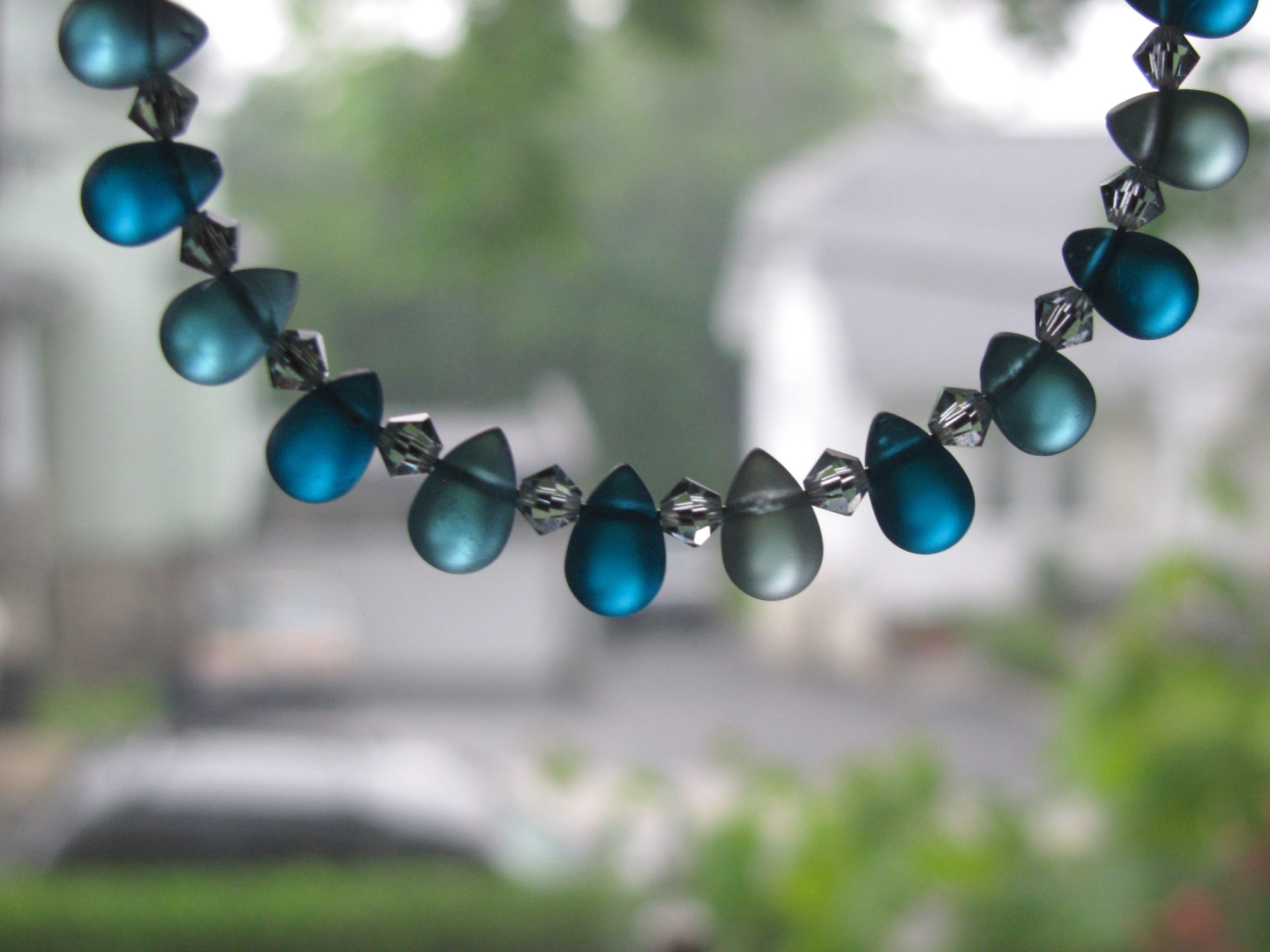You see, it is more complicated
than that. I said it was the untutored search
for lambent, astral, welter, and the river of stars.
But my mother would not know
the meaning of lambent, welter, astral—
though the river of stars
is a place she walked me, pointing
on the darkest nights, when I suppose
she wanted to escape her memories
and show me something of the world,
the kind of something only she
could show me.
What did she know of astral predictions,
when she simply walked the nights to forget
the welts of time
and the long-gone days her father’s boots
met her mother’s face in the lambent
living room, where kerosene lamps
could not light her hiding place
beneath the sideboard (why was the sideboard
in the living room?)
You see the complication now.
And how a passel of big talk
tells her this: what do you know
of the world? You never even learned
to chop an onion, through its many
moistened skins. You couldn’t keep
my father, Ivy man of words…
when all you knew was the river,
and the stars.
—L.L. Barkat, from The Novelist, T. S. Poetry Press
